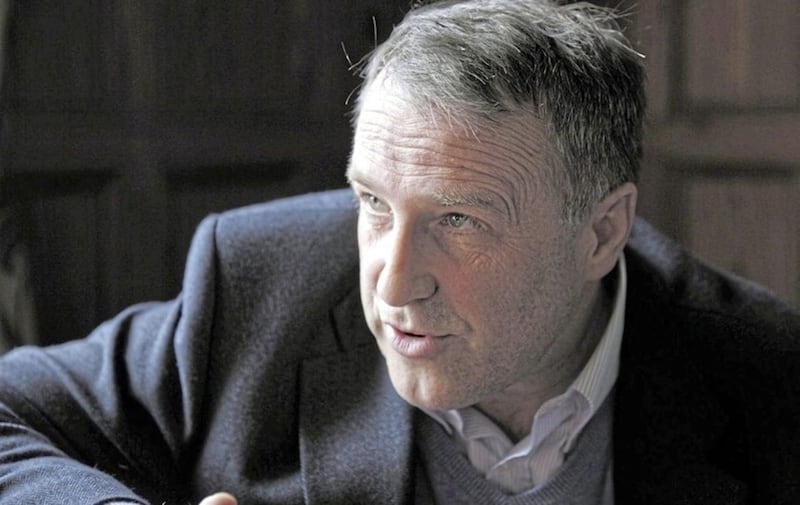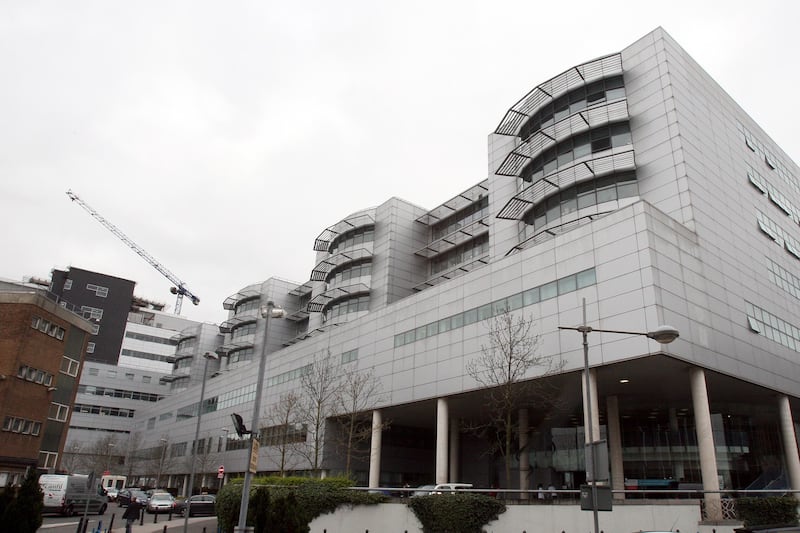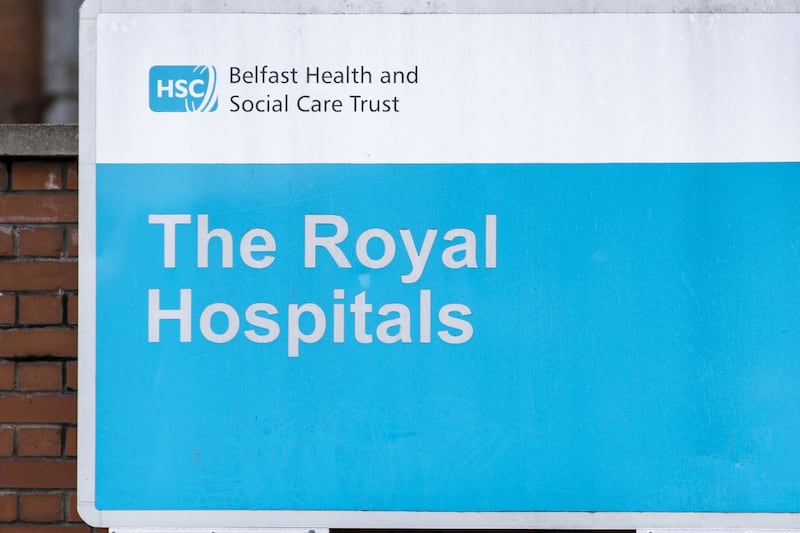AN inquiry into the Dr Michael Watt recall scandal has defended its role following concerns about its handling of a psychiatric assessment that deemed him medically unfit to give evidence.
In a statement, the Independent Neurology Inquiry team responded to patients who said they have "lost faith" in their investigation following allegations made in a BBC Spotlight programme.
Text messages between the consultant neurologist and a former female patient sent between 2017 and 2020 were disclosed. The woman, who remained anonymous, claimed Dr Watt had sometimes met her in a coffee shop and on one occasion "kissed her on the lips".
In a 2019 text, Dr Watt said the publication of the recall results were postponed after a psychiatric examination suggested he was at "significant risk" of "topping himself". He attached two emojis of laughing faces.
The programme claimed the inquiry team, led by Brett Lockhart QC, had not carried carried out a face-to-face assessment of Dr Watt using its own psychiatrist, but instead relied on an independent assessment to "quality assure" the reports carried out by Dr Watt's psychatrist.

A patient group made up individuals who were misdiagnosed and given the wrong treatments by Dr Watt, said they were "absolutely devastated" and have requested a meeting with those leading the inquiry.
The Neurology Recall Patient Support group describe the inquiry's approach as a "paper exercise" and say they have been left "traumatised" by the claims.
But in a detailed statement to The Irish News, the inquiry team insist their psychiatric assessments of the medic are extensive.
They also stressed their report focused on governance as opposed to the medic's clinical practice.
But they said they had accessed "all of the transcripts of Dr Watt’s oral evidence given in 2019" in a Belfast trust investigation.
"Whilst the inquiry can understand the concerns of patients in relation to the text messages which were published by the BBC Spotlight programme, it is important to note that the inquiry also had in its possession detailed reports which were carried out over a significant period of time (December 2019 to April 2021) and which involved input from three expert specialist psychiatrists and a psychologist," they said.
"The independent expert psychiatrist commented in their report that trying to draw conclusions about mental state and risk from text messages is inappropriate, risky and unhelpful.
"The inquiry panel, of course, respects the views of Dr Gabriel Scally (who appeared in the Spotlight programme), who is a well-recognised and experienced public health doctor. However, Dr Scally did not have access to any of the relevant expert reports."
They added that they cannot commit to meeting patients "at this time" as it is "intensely" focussing on its report, which is at an advanced stage.
"The inquiry will, however, respond promptly to any relevant written questions while ensuring that patient confidentiality is respected," they added.
Dr Watt is retired and is also under investigation by the General Medical Council.
"Safety concerns" about his work sparked an unprecedented recall three years ago. Dr Watt was based at the Royal Victoria Hospital for over 20 years.
The neurology inquiry was elevated to a public inquiry last year.








